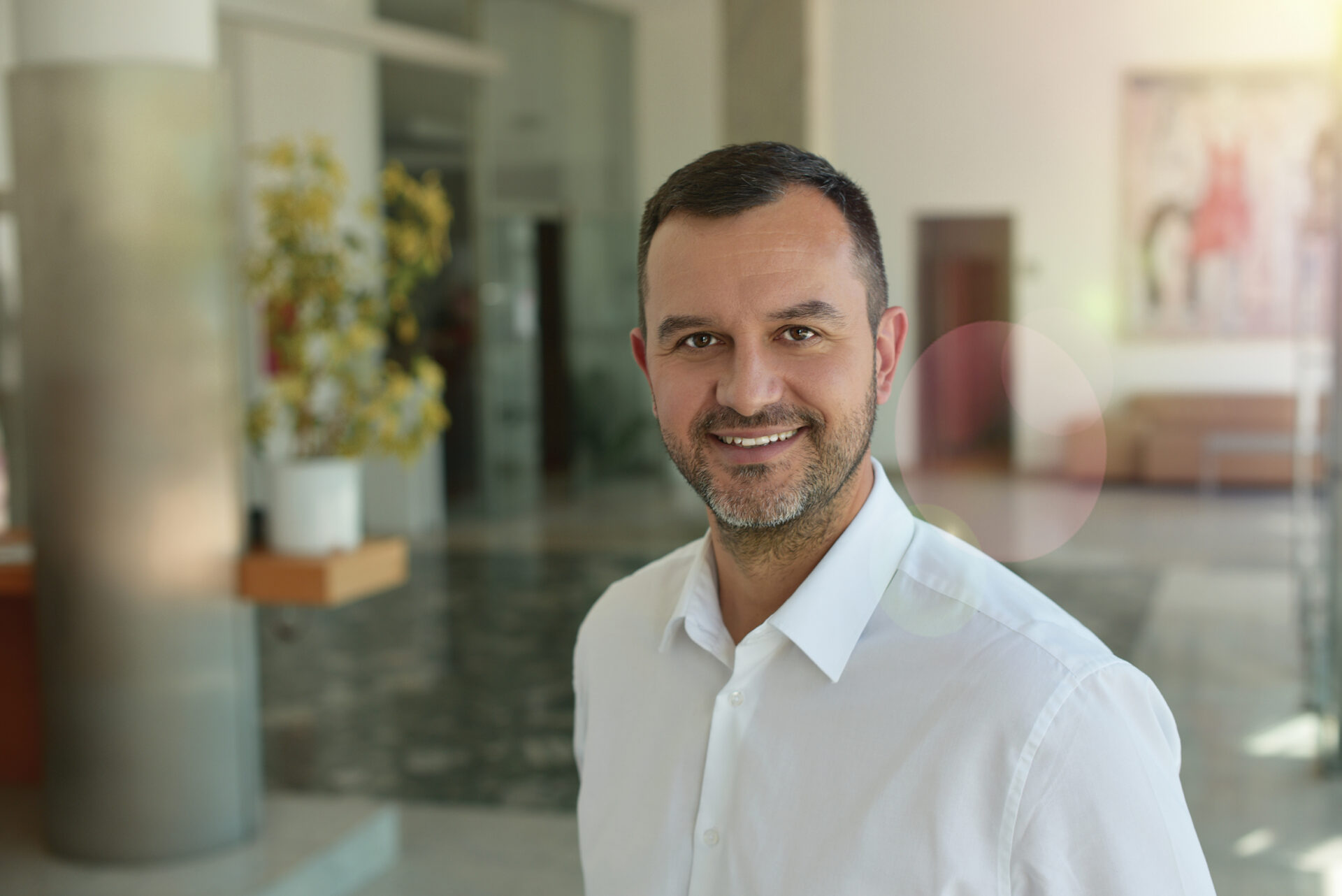
By Agroempresario.com
In a groundbreaking initiative, Barbados is leveraging generative AI to enhance productivity in its small farms, which often face challenges such as economic uncertainty and climate change. The collaboration between AGRIVI, a London-based agritech company, and the Barbados Agricultural Development and Marketing Corporation (BADMC) aims to democratize technology access for smallholders, significantly boosting the production of essential commodities like coffee and cacao.
Matija Zulj, founder and CEO of AGRIVI, emphasizes the potential of an AI advisor to provide tailored, real-time agronomic advice. “An AI advisor available to small farms can significantly boost production by offering essential knowledge on agronomy operations, financing options, and market prices,” he stated.

Through a partnership with BADMC, AGRIVI’s AI advisor is accessible to all farmers via popular messaging platforms like WhatsApp, creating a direct communication line between the corporation and the farming community. This initiative comes as BADMC seeks to enhance outreach to farmers, ensuring they receive vital information on best practices, subsidies, and government support.
Historically, advanced agricultural technology has been primarily available to medium and large farms. Zulj notes that convincing smaller farmers to adopt digitization has been a considerable challenge, often due to financial and operational limitations. “Finding ways to support their farms to improve productivity and sustainability is a major issue,” he explains. The key to success lies in introducing solutions that do not require farmers to learn new habits or skills.
AGRIVI’s AI advisor addresses this challenge by utilizing platforms farmers already know. With over 2 billion global users on WhatsApp, the AI can provide immediate answers to farmers’ questions, enhancing their decision-making capabilities. The knowledge base of the AI incorporates AGRIVI’s proprietary agronomic data alongside localized insights from BADMC, covering agronomic practices, financing, and local government support.

This technology not only assists farmers in navigating their operational challenges but also facilitates compliance with sustainability programs, ultimately strengthening the supply chain for major commodity producers in Barbados. Zulj asserts that the implementation of generative AI can revolutionize how farmers access knowledge and make informed decisions.
In a move to make this technology available at no cost to farmers, AGRIVI sold the technology to the Ministry of Agriculture in Barbados, which subsequently provides it to farms without charge. “We’re trying to democratize access for this,” Zulj affirms, highlighting the critical role governments play in supporting agricultural productivity and livelihoods.
This Barbados initiative is part of a broader strategy, with similar projects expected to roll out in other regions, including Europe, Latin America, and Asia. Zulj predicts rapid advancements in the digitalization of agriculture worldwide, stating, “We can expect to see it happen very fast.”
In conclusion, the collaboration between AGRIVI and the Barbados government signifies a pivotal step toward empowering small farmers with technology. By enhancing their access to expert knowledge and advice, this initiative promises to transform agricultural practices, ultimately improving productivity, sustainability, and the economic well-being of farmers across the region.
